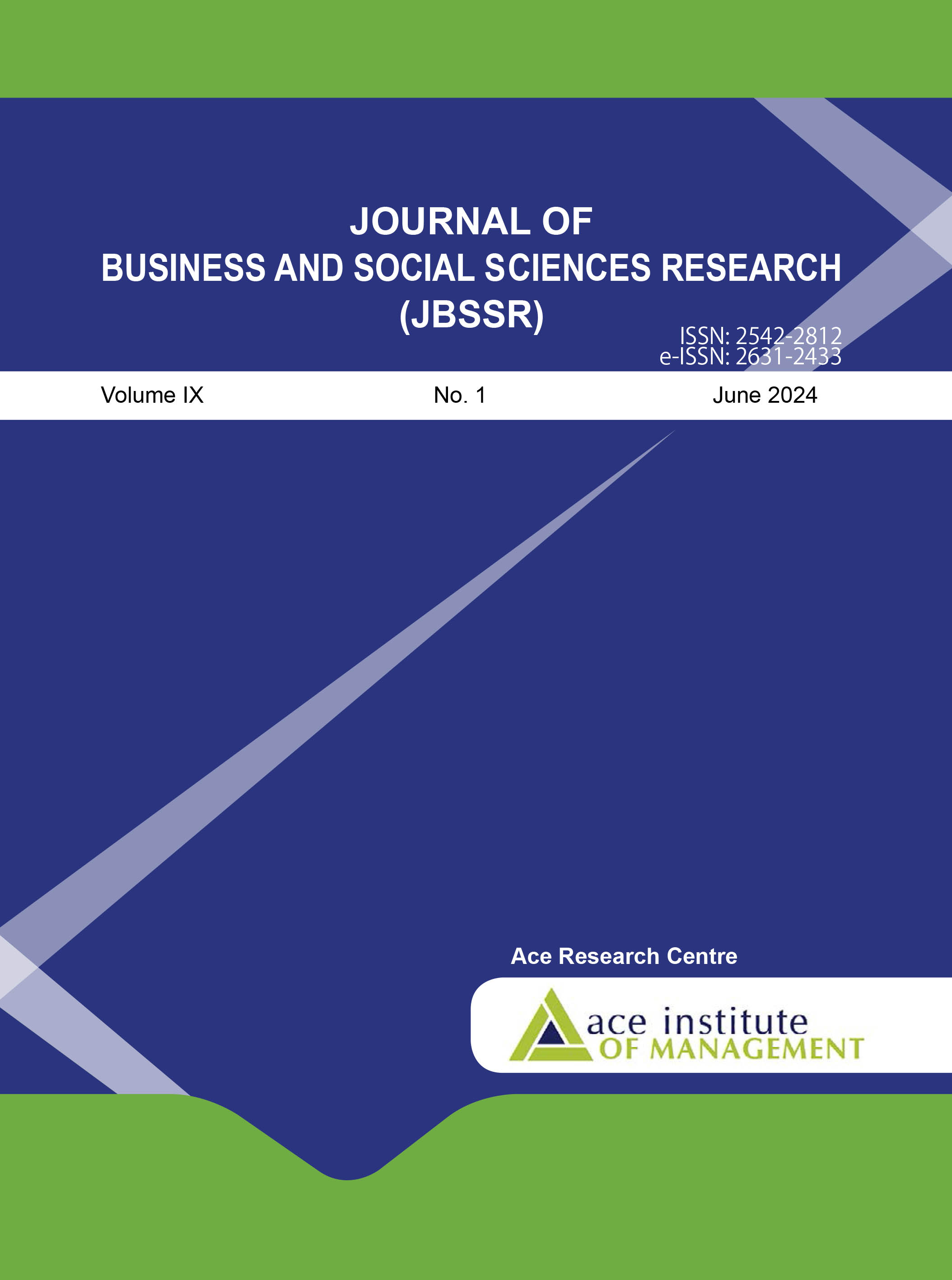Impact of Transformational Leadership on Employees' Burnout in Commercial Banks of Kathmandu Valley
DOI:
https://doi.org/10.3126/jbssr.v9i1.67996Keywords:
anxiety, depression, HRM practices, pygmalion effect, motivation, stress, workplace hazardAbstract
This study aims to analyse the impact of Transformational Leadership (TFL) on employees' burnout in commercial banks of Kathmandu Valley, taking the mediating effect of Personal Financial Stress (PFS), Anxiety and Workplace Loneliness into account by examining the moderating impact of Human Resource Management on the direct relationship between TFL and employees' burnout. The study employed a quantitative approach, utilising a convenience sampling technique within the framework of non- probability sampling to gather primary data. A structured questionnaire was employed to collect cross-sectional data from a total of 214 commercial banking employees of Kathmandu Valley, which were analysed through SMART-PLS. Findings from the study indicated a significant direct negative impact of TFL on burnout. Likewise, TFL was found to increase burnout when mediated by personal financial stress, anxiety and workplace loneliness. Furthermore, HRM showed no moderating effect on TFL and burnout relationships. Thus, this study emphasises recognising burnout as a "workplace hazard" and building upon the JD-R model, the study urges concerned stakeholders to effectively implement transformational leadership styles to mitigate burnout in Nepalese commercial banks. It also underscores the for further exploring and integrating HRM with other sectors within banks to foster synergy and collaboration in tackling burnout related issues.
Downloads
Downloads
Published
How to Cite
Issue
Section
License
© JBSSR/AIM
Authors are required to transfer their Copyright to the Journal of Business and Social Sciences Research.




